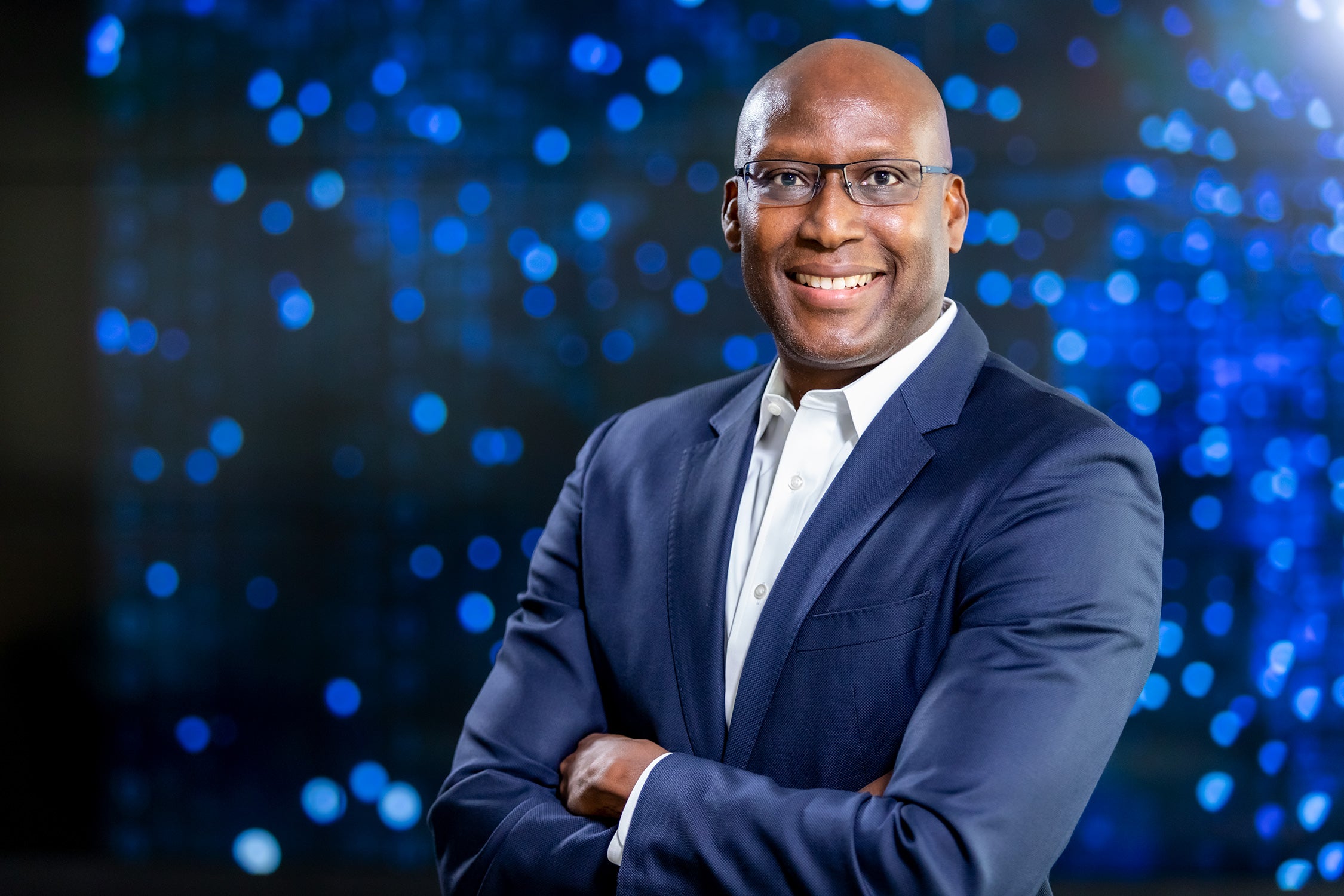
Martin Felli
EVP, CAO, and CLO
Blue Yonder
Phoenix, AZ
“Almost everything that could happen to supply chains has happened in the past few years,” says Martin Felli, executive vice president, chief administrative officer, and chief legal officer of Blue Yonder. A leader in the supply chain industry, the 5,400 employee-strong software company spans 38 countries and has seen firsthand the disruption caused by COVID-19 and other disasters.
In addition to the shortages caused by the pandemic, the Suez Canal congestion cost global trade nearly US$1 billion, and ever-increasing natural disasters like wildfires and hurricanes are presenting new problems. “These phenomena exposed critical issues,” says Felli, “A lot of organizations that thought they were eCommerce, were actually not eCommerce.”
This revelation resulted in organizations scrambling to invest in technology that will allow them to respond to supply chain constraints dynamically and robustly.
One of the world’s only end-to-end digital supply chain platform creators, Blue Yonder has been working with manufacturers, retailers, and distributors to prepare for the next global upheaval.
Its LuminateTM cloud-based platform is designed to manage supply chain planning, execution, and commerce. In addition to AI/ML technology solutions, Felli thinks “getting more streamlined is going to be extremely important” going forward.
To paint a picture of how some of Blue Yonder’s systems help, Felli provides the following example:
Imagine you’re doing renovations in your house and have ordered a new refrigerator. The refrigerator is built in China and is making its way to your country on a ship — but it’s delayed in transit. Whether there are riots in Hong Kong or a storm in the Pacific Ocean, it’s not going to reach you by its estimated time of arrival. All this information is processed by Blue Yonder’s systems and gives you a predictive time of arrival. The difference between the estimated and the predicted time arrival is significant because a mistake in timing affects everyone from the manufacturer, all the way down to your contractors, and you. When that happens, the amount of money that's lost is huge. So, for example, our heuristic based solutions provide options where, instead we say, but there’s this product in another store. We can order it from their supply so you can get your product at the right time and at the right place.
Many organizations are already on board — Blue Yonder systems are used to make or deliver 70 percent of the world’s prescription medicine, 60 percent of the world’s soap, and 50 percent of the bottled water in the United States.
The CLO role in supply chains
Every company has some sort of supply chain — a version of input and output that is essential to how it functions and its profit. “The bottom line connects to everything and your understanding of how that bottom line works is extremely helpful,” advises Felli, “Because in every organization, no matter where you are, you have to understand that you're there to further the business interest of the organization.”
For corporate counsel to promote and protect the business, they need to get involved upfront and anticipate risks.
While not many could have predicted all the challenges of COVID, Felli reiterates that “it was a choke point in the supply chain and not being able to react to something like that had impacts all over the globe.” Chief legal officers may not be able to see the future, but they can advise the company on how to react — and remember those lessons for next time. “It’s about positioning yourself for future disruptions,” Felli stresses.
“It’s about positioning yourself for future disruptions."
Especially those that can be predicted. Trade wars will continue to happen, and as such, CLOs need to be aware of the legal landscape of international trade. When the company is looking to source products from other regions and countries, corporate counsel should advise the C-suite on the legal regime present, regulatory restrictions, and the potential impact upon the supply chain and business. Felli cautions his peers not to forget that employees are part of the supply chain and can also be impacted by international disruptions, like Brexit.
Overall, Felli believes legal counsel’s biggest asset is their foresight: looking around corners, seeing trends as they're coming up, and flagging them for the business. By focusing their efforts on threats to the supply chain, and applying what they know about the company’s strategic direction, in-house counsel are ideally positioned to guide their company over upcoming hurdles.
Getting to Know… Martin Felli
What is the career achievement you feel most proud of?
It always goes back to people. Seeing the achievements of individuals within my group that I've helped mentor and how they continue to grow and do wonderful things — that’s really the most impactful for me, every time.
More and more CLOs are being tapped to also be the chief administrative officer. What was the impetus at Blue Yonder for you to also take on that role?
I oversee about five groups — legal, IT, real estate and facilities, procurement, and security — which we've put under an umbrella of “integrated business operations.” It came about from the perspective that there was a value add in bringing these teams together and having leadership that worked across those functions. The decision was really validated by COVID because these groups were at the crux of figuring out how to seamlessly go remote.
When the time comes, what legacy as CLO would you like to leave behind at Blue Yonder?
By that time, I would love to see Blue Yonder realize its promise and become a US$10 billion dollar plus company. And even some public disposition, benefiting a wider part of society for people to have public equity in the organization. I think we have the capabilities and all the ingredients to make it happen.
Leaving a company that will be multiples of its current size means giving people opportunities like I had coming in and making a career here. And then the folks that come in will thrive and become the new leaders that will take it to the next horizon.




